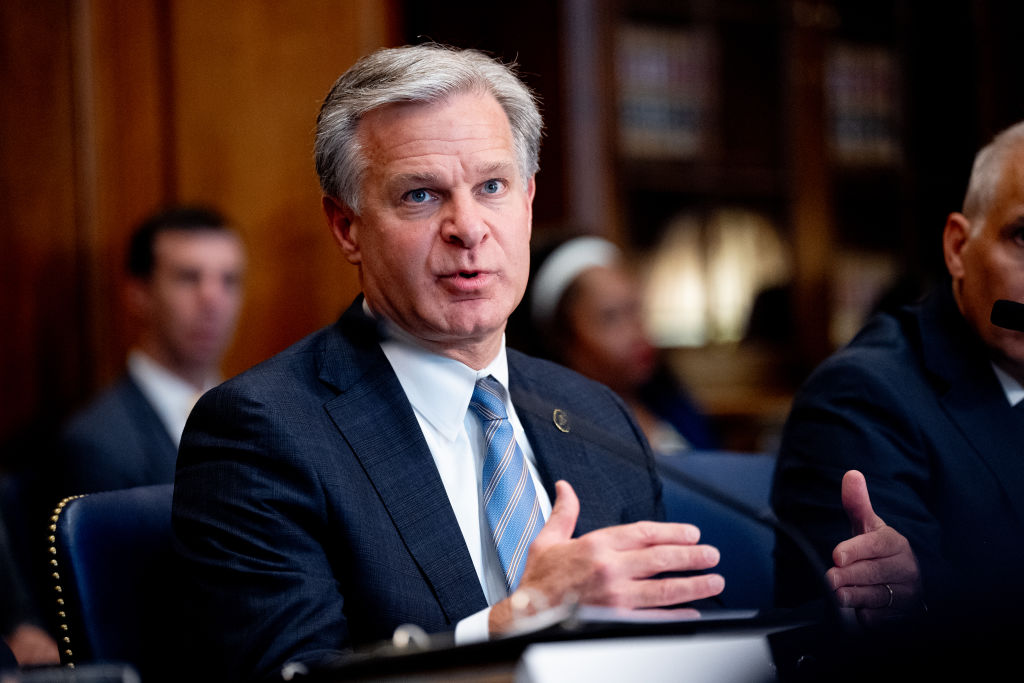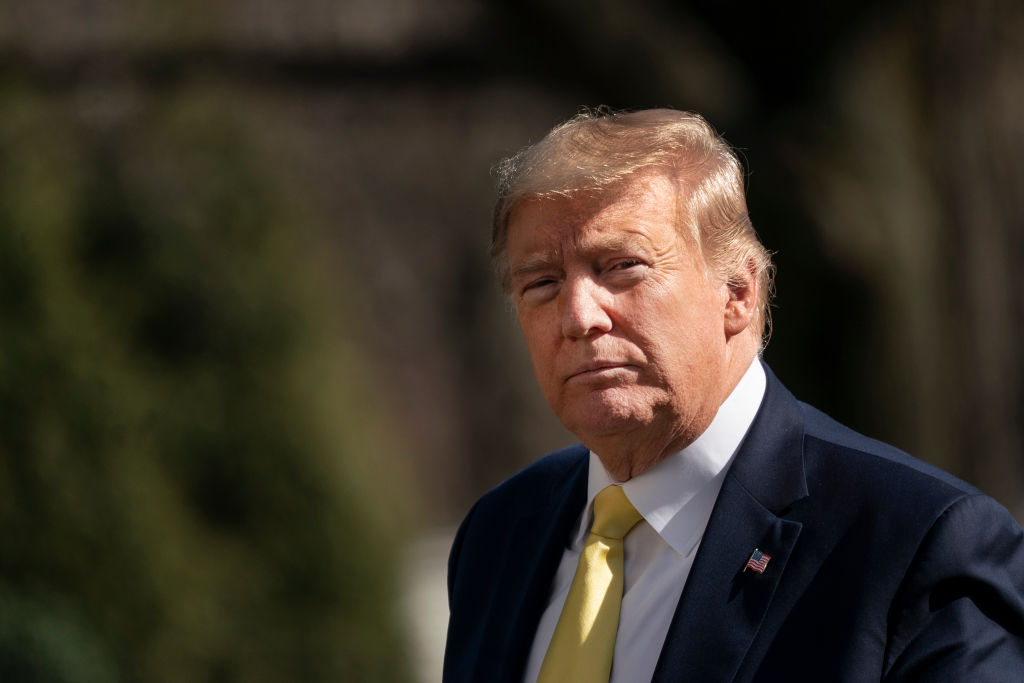The Founding Fathers, in their wisdom created a constitution with a separation of powers. President Trump woke up this morning to the reality that one half of a co-equal branch of government – the Congress – is now in the hands of the opposition party. In normal times, this would mean the usual Washington gridlock, the constitution having been designed to be deliberately inefficient. But these are not normal times. The President’s former campaign chairman, deputy campaign chairman, national security adviser, and his personal lawyer are all awaiting sentencing on various charges. The President himself is under investigation, accused of being the creature of a hostile, foreign government.
One of the Founding Fathers, James Madison, told the Constitutional Convention, in Philadelphia in 1787, that it was ‘indispensable that some provision should be made for defending the community against the incapacity, negligence, or perfidy of the chief magistrate,’ as they called the president back then. ‘He might lose his capacity after his appointment. He might pervert his administration into a scheme of peculation or oppression. He might betray his trust to foreign powers.’ That last one really worried Madison. He said it was certainly ‘within the compass of probable events’ and ‘might be fatal to the republic’.
Those are words that might have been spoken with President Trump in mind. But it’s not just Russia and King Vladimir – it might be Trump’s ‘incapacity’ as well. Someone who’s known him for decades told me the President was now muddling, or slurring, his words. ‘Did you see how he called John Bolton George Bolton the other day?’ Is this the beginnings of dementia? The suggestion would outrage his supporters but compare the rambling, repetitive Trump of today to his fluent, younger self in TV interviews from 20 years ago. I’m told that one foreign ally’s intelligence service did just this – and concluded that Trump’s did have incipient dementia. The country’s leader was apparently warned to expect the ‘outbursts of anger’ that go with this condition, though as Trump’s friend told me, he’s long been capable of ‘towering, Vesuvian’ explosions of rage.
And ‘peculation’? To embezzle, or steal, especially public money. Voting was still underway last night when the Democrat who will soon be chairman of the House Ways and Means Committee leaked that they would demand Trump’s tax returns. The IRS has them and their boss is the Treasury Secretary, Steve Mnuchin, a Trump ultra-loyalist. This is a battle that could go all the way to the Supreme Court. But the tax returns may reveal little more than that Trump is not nearly as rich as he says he is. The special counsel, Robert Mueller, probably already has them in his desk drawer. They may not show what the Democrats hope: that the IRS has been cheated, or that there’s a huge payment from a Russian bank.
So, back to Russia. The Democrats were not so ham-fisted as to start talking about impeachment last night. But everyone in Washington is all to well aware that they are now in the majority on committees with the power to investigate the President and Russia. They have subpoena power. The Trump administration can expect a war of attrition, including televised hearings with a procession of ‘co-operating witnesses’, before the (probably) inevitable: articles of impeachment accusing the president of having ‘colluded’ with the Kremlin. There is no majority to convict in the Senate, but the presidency – and the country – will be paralyzed. Some believe that Trump will move quickly to replace his attorney general, Jeff Sessions, and the deputy attorney general in charge of the Mueller inquiry, Rod Rosenstein. News emerged last week that the White House has quietly removed procedural barriers that would have stopped the solicitor general, Noel Francisco, from take charging overall charge of Mueller. Francisco is a Trump loyalist – perhaps the firing of the hated Special Counsel will fall to him.
There was, as it turned out last night, no blue tsunami. But the waters are lapping around the President’s feet. Thoughts have turned today to 2020. It feels as if that campaign has already begun. On cable TV as the results came in, the talk was of ‘Betomania’: could charismatic Beto O’Rourke turn the national exposure from his losing senate campaign in Texas into a run for the presidency? Democrats at the election night party I went to also talked hopefully about how Joe Biden could ‘definitely’ beat Trump head-to-head, if only he could get through the primaries. But, one guest said ruefully, he would probably be knocked out by an insurgent candidate first.
Whoever runs for the Democrats, one veteran political consultant told me: ‘2020 will come down to who wins Pennsylvania. Trump won by 44,000 votes last time, 0.7 percent. Last night was a disaster for him.’ As the local paper the York Daily Record put it, Pennsylvania ‘went back to blue…By the end of the evening, Pennsylvania resembled the blue state voters had known for three decades until President Donald Trump won it in 2016.’
Washington is a febrile place at the moment. A member of what in Britain would be called ‘the establishment’ sent me the findings of the 1973 Special Senate Committee on the Termination of the National Emergency, under Sen. Frank Church. Church found there were then 470 emergency statutes that were ‘a potential source of virtually unlimited power for a president should he choose to activate them.’ Many of those laws are still on the books, along with some new ones. Presidential powers included the right to seize property, call-up 2.5 million reserve forces, seize and control all means of transportation, restrict travel, and regulate all private enterprise. A president can declare martial law and it would be 30 days — under the terms of the 25th Amendment — before anyone could do anything about it.
No-one had better tell the President.

























